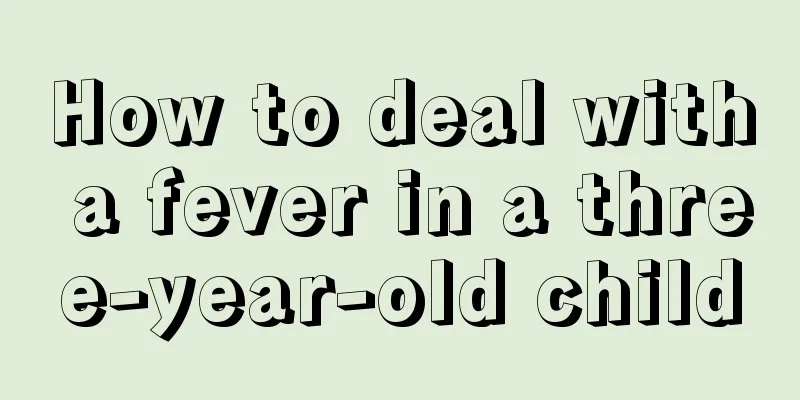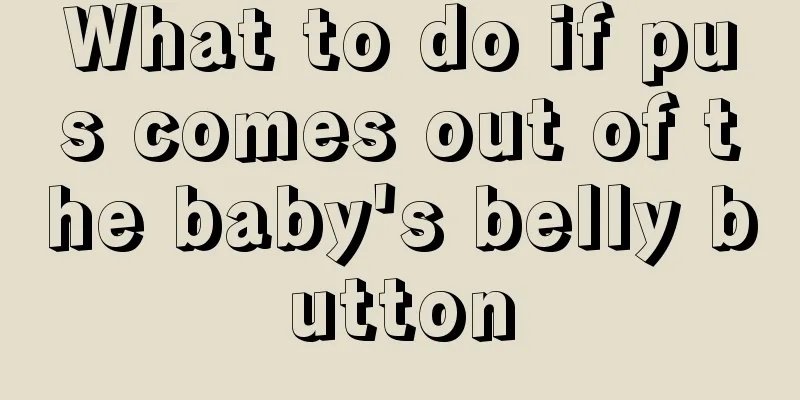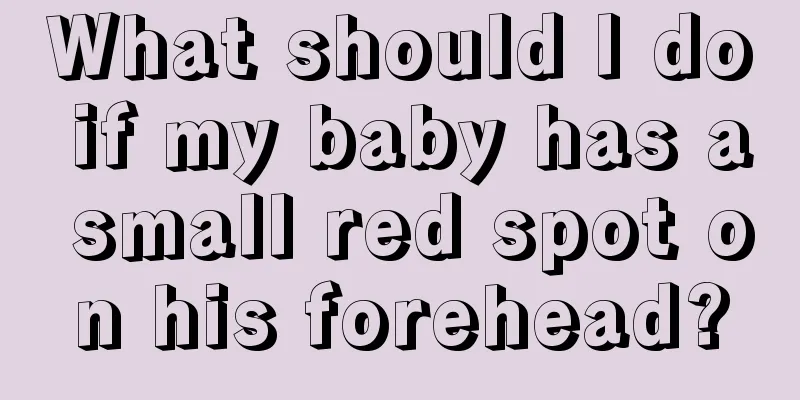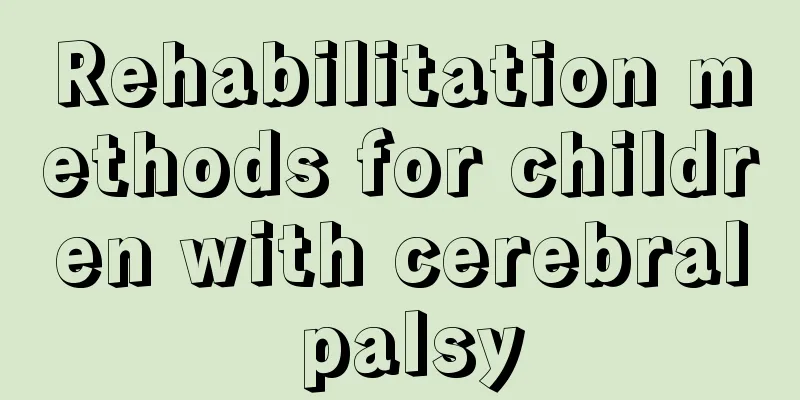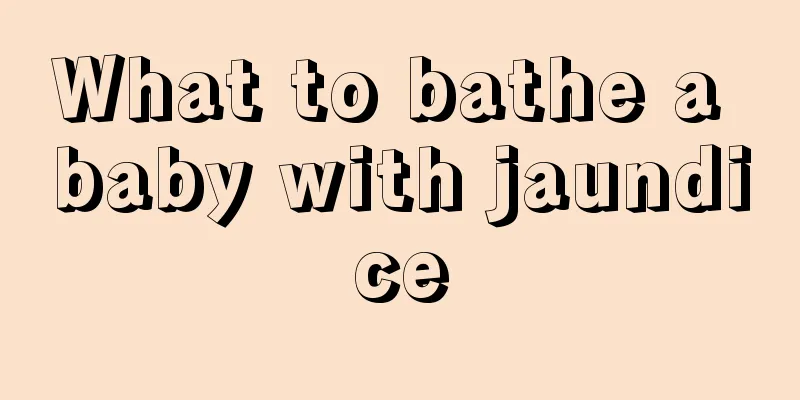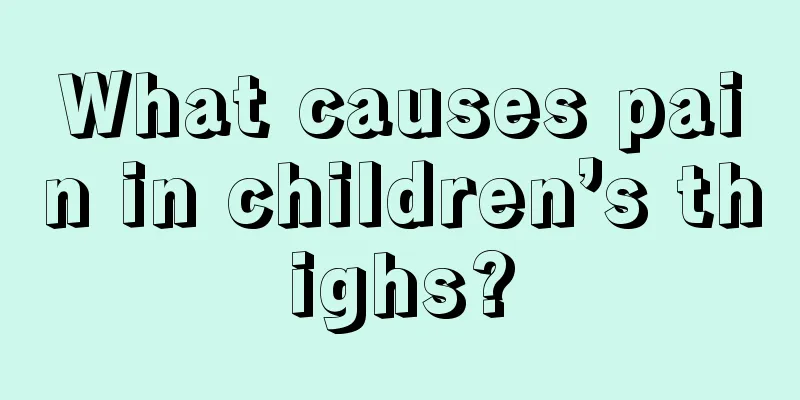What to do when your child has toothache after tooth replacement
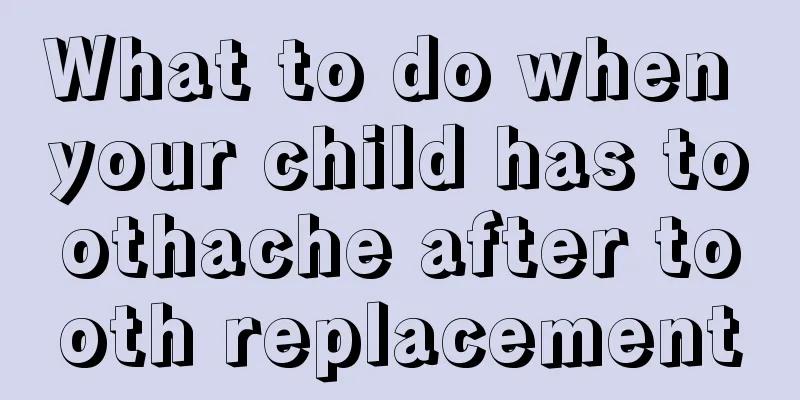
|
Toothache will always occur during the period of tooth replacement. In order to avoid worsening of toothache, parents must provide proper health care. First of all, they must pay attention to brushing teeth and rinsing mouth in time. If the teeth are loose during the period of tooth replacement, you can cook the food for the child to be crispy and easier to digest, and keep the food mainly liquid. Things to note when your child is changing teeth Note 1: Whether the deciduous teeth are retained or lost early There is a certain time and order for the shedding of deciduous teeth. Deciduous teeth that should fall out but don't are called retained deciduous teeth, and the consequence is often that permanent teeth cannot erupt in the normal position. Most children begin to change their teeth at the age of five or six, some start at the age of four, and some children may not lose their first deciduous tooth until the age of seven. Tooth loss usually starts with the two lower front teeth, followed by the two upper front teeth. The most common situation is that the lower front permanent teeth grow on the inside of the deciduous teeth, and the upper front permanent teeth grow on the outside of the deciduous teeth, making it look like double-layer teeth. What should we do if we encounter this situation? Your child should be taken to the hospital as soon as possible to remove retained deciduous teeth to make room for the permanent teeth to erupt. If the deciduous teeth fall out before they should, it is called premature loss of deciduous teeth. This often causes the adjacent teeth on both sides to tilt toward the gap between the missing teeth, making the gap smaller and causing the permanent teeth to erupt out of place due to insufficient space. At this time, a gap maintainer (custom-made by the hospital's dental department) should be worn in the gap between the deciduous teeth to prevent the teeth on both sides from tilting, so as to maintain the proper eruption position of the permanent teeth until the permanent teeth erupt. Note 2: Is there any difficulty in the eruption of permanent teeth? If the deciduous teeth fall out prematurely, the child will get used to chewing and licking with the gums, which will become thick and hinder the eruption of permanent teeth. Therefore, if your child has reached the age of replacing teeth but the permanent teeth have not yet grown, you should take your child to the hospital for examination in time to get the doctor's help. Calcium deficiency in children is also an important reason for the delayed eruption of permanent teeth. Parents should supplement their children with calcium in time. When the teeth are replaced, the permanent teeth erupt from below or inside the deciduous teeth. The erupted permanent teeth are the size of adult teeth. Mild crowding and twisting are normal, and the alignment can be adjusted automatically with the eruption of adjacent teeth and the growth and development of the jaw. As long as it is not cross-teeth (i.e. underbite), correction is generally not required, but regular observation should be performed, and the longest period should not exceed half a year. If the deciduous teeth are still not aligned properly after they are completely replaced, you should see a doctor promptly to avoid difficulties in correction due to delayed treatment. Note 3: Correct your child’s bad habits During the tooth replacement period, deciduous teeth and permanent teeth coexist. The permanent teeth have just erupted, especially the "six-year teeth" which are the "key to bite". They are large in size and have many pits and fissures on the occlusal surface, which easily retain food residues. In addition, most children do not brush their teeth thoroughly, so caries are often prone to occur. The most important thing at this time is to teach your child to brush their teeth correctly. During the tooth replacement period, when the deciduous teeth are loose and about to fall out, children often have the habit of licking the loose teeth with their tongues. This is a bad habit that will affect the normal eruption of permanent teeth and should be corrected in time. |
<<: What should I do if the root of my deciduous tooth is broken?
>>: Can I cut the nails of a newborn baby?
Recommend
What can children eat to quickly replenish iron deficiency?
In life, everyone knows that iron is one of the r...
What medicine should children take to reduce internal heat? These prescriptions are invaluable!
The problem of children getting angry needs to at...
What are the symptoms of autism in children?
Nowadays, many children suffer from autism due to...
What to do if your baby coughs after 6 months
The season when the weather fluctuates between ho...
Baby's poop looks a bit like snot
If you learn more about parenting knowledge, you ...
How to supplement calcium for nine-month-old babies
When babies are young, they always need all kinds...
Why does my child have knee pain?
Knee pain is a condition that generally occurs in...
What should children pay attention to when swimming?
Now more and more parents let their children lear...
How to correct your baby's tiptoe walking
Generally, people can walk when they are one or t...
Does obesity affect sexual development in boys?
Whether in the past or now, abnormal male sexual ...
What to do if your child has neck inflammation?
Children's bone strength, body organs, immuni...
What are the most effective treatments for athlete's foot in children?
Because the baby's own resistance is still re...
What causes headaches in children?
Headache on the top of the head is an important m...
Spring recipes for kids
Children are in the stage of growing up, so as pa...
Why do children keep farting?
Parents often find that their children fart easil...

